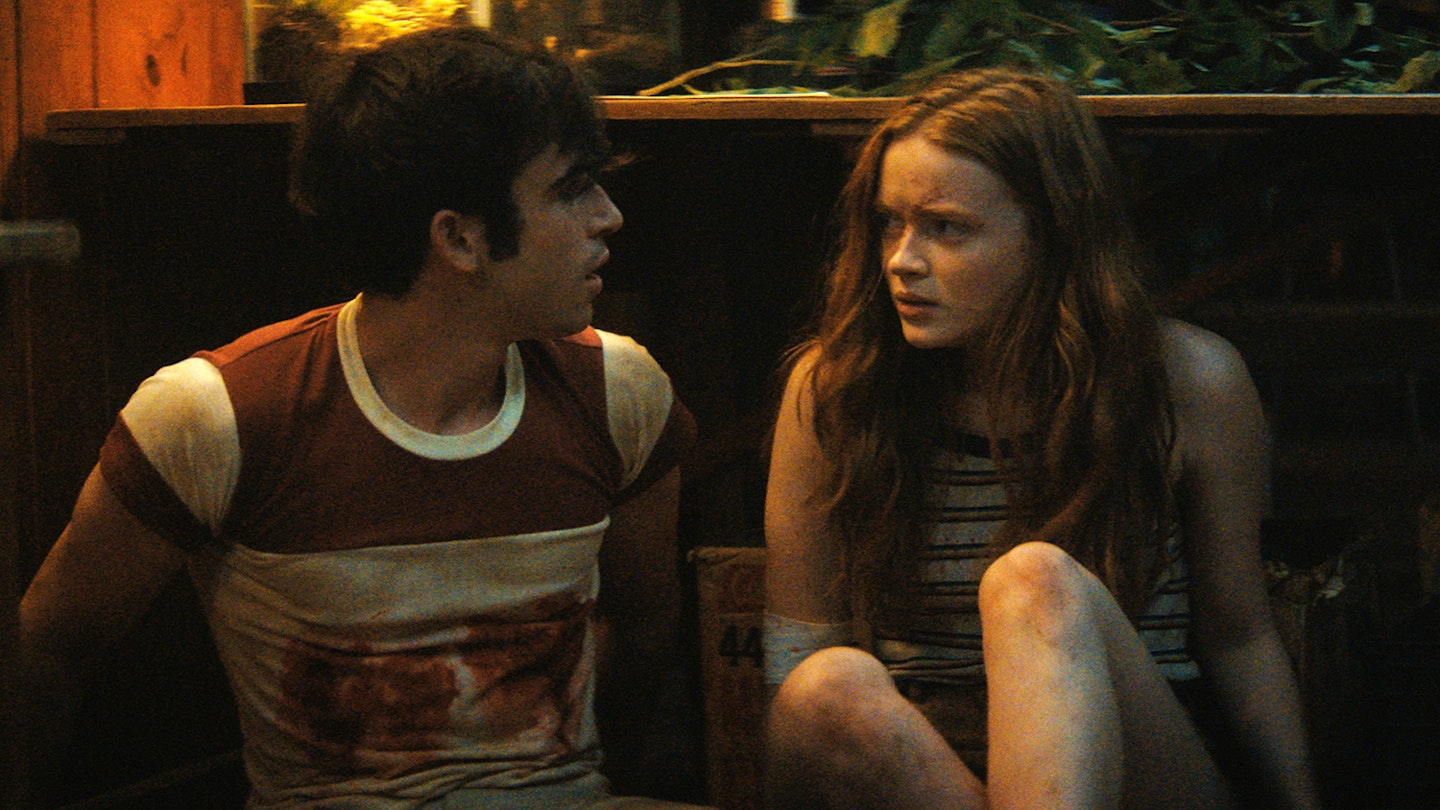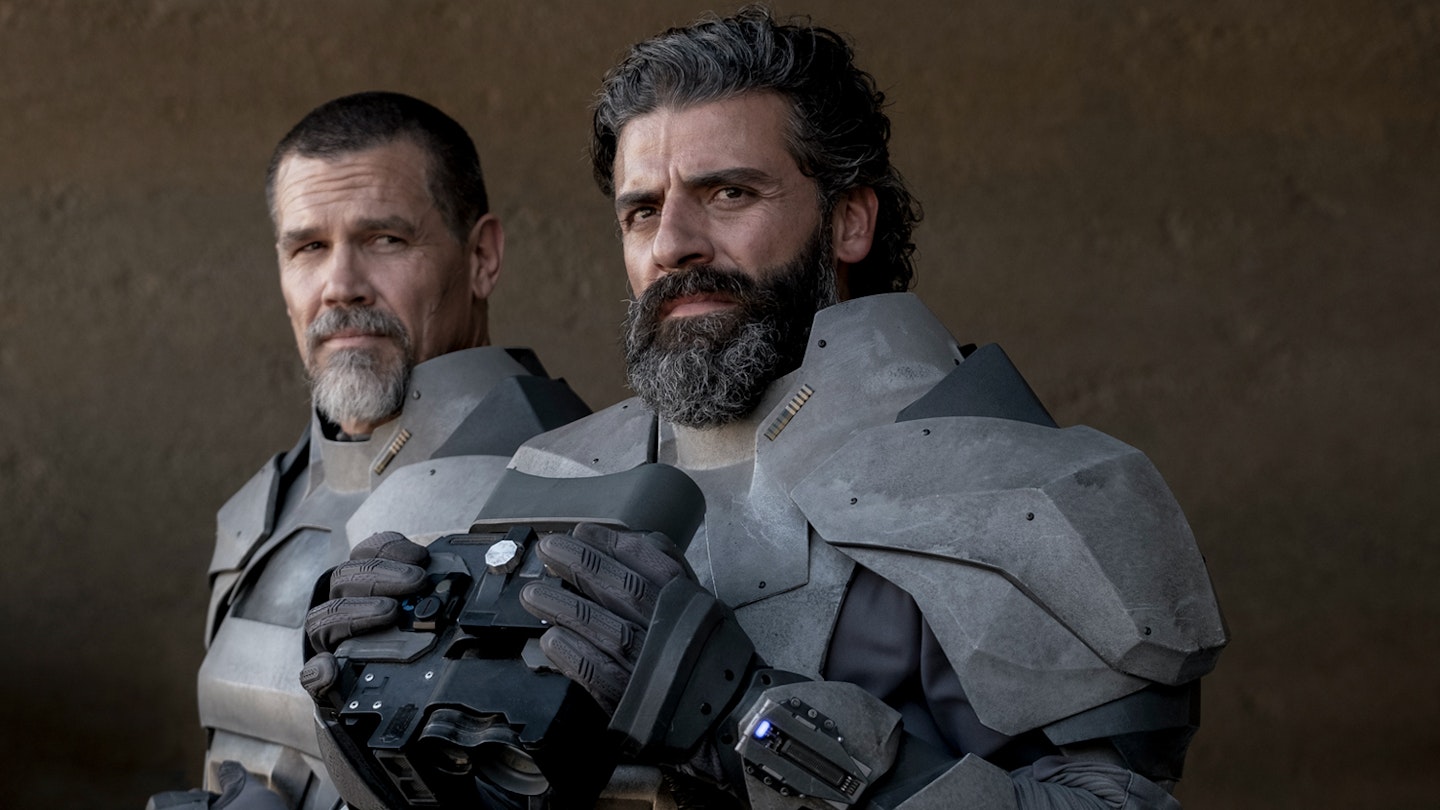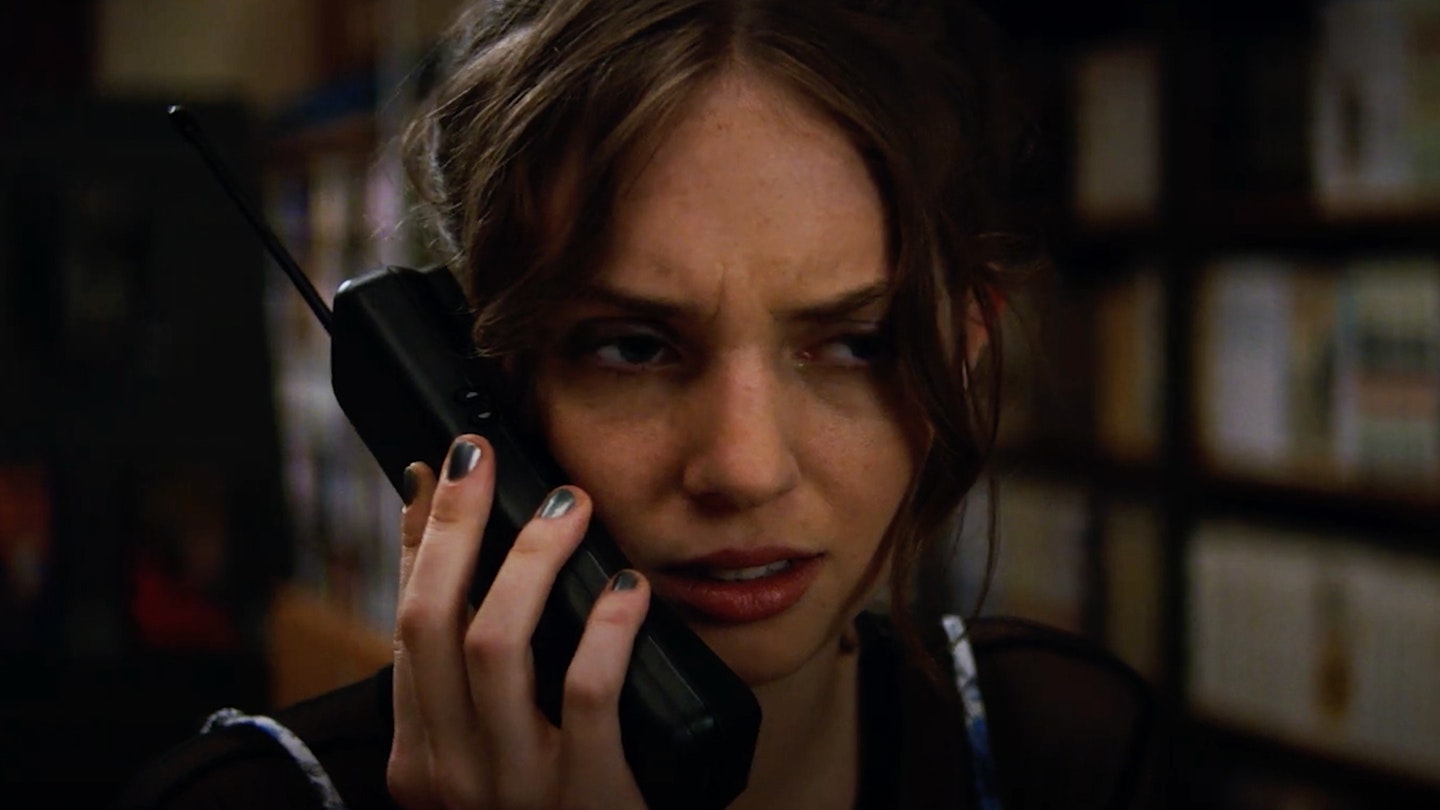The summer-camp horror film has long been a staple of the genre. A decidedly ’80s trend, its ingredients — teens holed up in a secluded spot away from adults, ripe for sex, drugs and mayhem — have been employed to various degrees of success, from the classics (Friday The 13th, The Burning) to the forgettable (Cheerleader Camp, Sleepaway Camp). If it feels slightly too early in its date, 1978, the middle part of Leigh Janiak’s Fear Street Trilogy, makes a mostly worthwhile return to the sub-genre. It might not work as well as Part One: 1994, but it cements the idea that telling a narrative in feature-length instalments (and with only a week between each chapter, promising a quick resolution) can be a fruitful mode for ambitious long-form storytelling.

Part Two picks up pretty much straight after Part One, with the surviving teens discovering more about the history of Sarah Fier (Elizabeth Scopel), the witch who put a hex on small town Shadyside by turning its inhabitants into killers. From 1994, the story then spools back to 1978 (hello the Buzzcocks, Blue Öyster Cult, Captain & Tennille on the soundtrack). School’s out, and the poor kids from Shadyside are competing against the moneyed kids of Sunnyvale in games of ‘capture the flag’ at Camp Nightwing (this franchise loves on-the-nose monickers). The Shadyside kids include polo shirt-wearing wannabe Sunnyvaler Cindy Berman (Emily Rudd), always at loggerheads with her weirdo sister Ziggy (Sadie Sink), Cindy’s sweet, virginal boyfriend Tommy (McCabe Slye) and randy couple Alice (Ryan Simpkins) and Arnie (Sam Brooks). As conventions dictate, it’s not long before an axe murderer is on the loose and picking off the increasingly unhappy campers.
With only one type of maniac on the loose, the kills themselves feel same-y, less imaginative.
1978 is arguably a less fun ride than 1994. Early doors, its standard horror-camp-film shenanigans — running through woods, Carrie-type mean girls, shifty counsellors, shagging (something the ’94 crowd didn’t get to do), pot-smoking, weird books of diabolic illustrations — are serviceable without ever being truly involving. As the plot splits the teens up, there is little of the engaging interplay between the friends of the first part and, with only one type of maniac on the loose, the kills themselves feel same-y, less imaginative.
Still, Janiak gets good performances from her newbie cast (Stranger Things’ Sink is the stand-out), has fun playing with Sarah Fier’s mythology and what we know from 1994 — we get younger versions of certain characters — and, taking its cue from Marco Beltrami and Brandon Roberts’ full-on, choral-driven score, the film has stretches that are arguably more intense than the series starter. “I’m done with Stephen King,” Ziggy says at one point. “It’s Judy Blume from now on.” Given the cost of living in Shadyside equals dying, you can hardly blame her.



